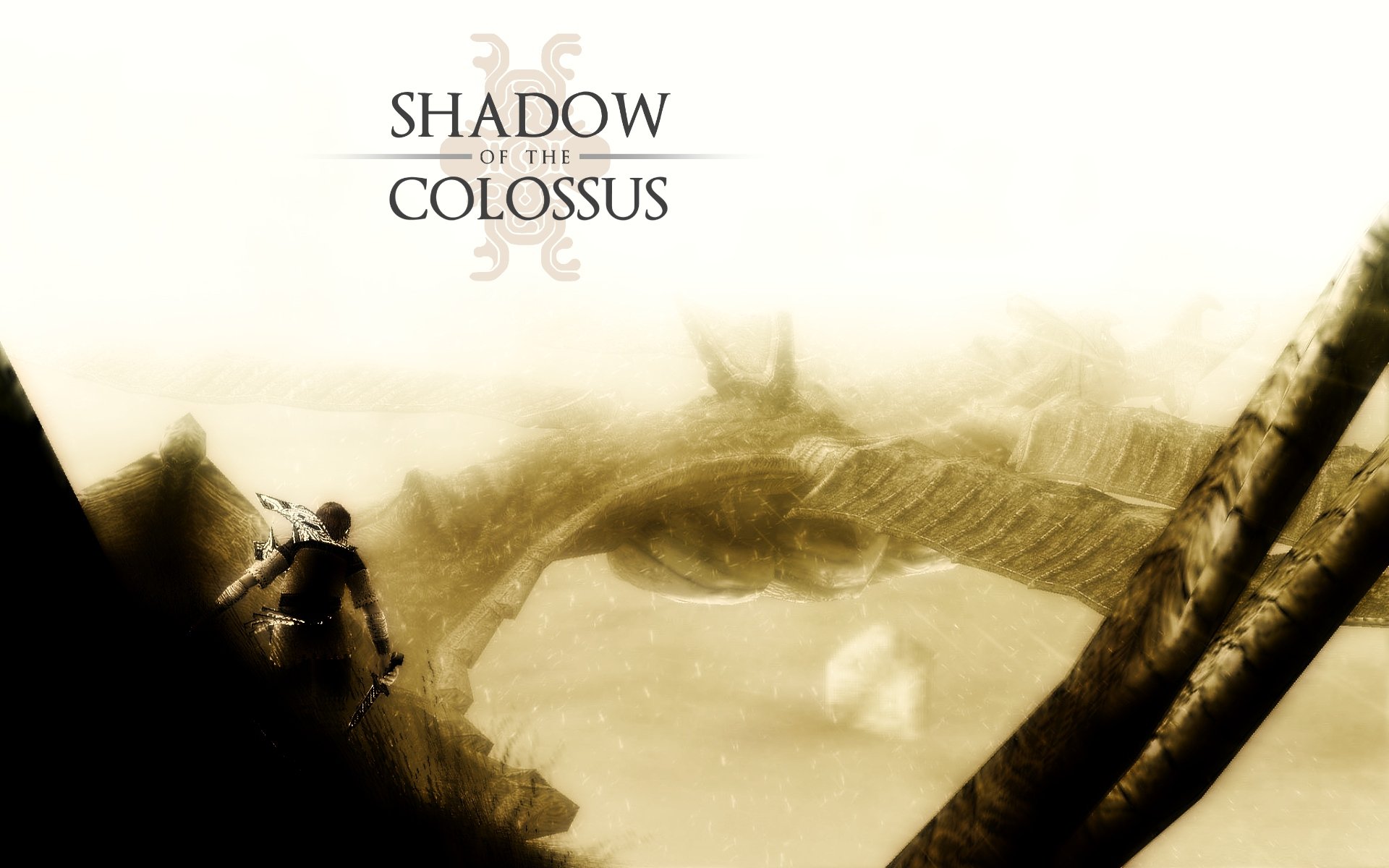


They brought me face to face with myself, they cleansed me of hatred and jealousy and envy." "I love these men, each and every one," writes Miller, "for having revealed to me the true proportions of the human being.the goodness, the integrity, the charity which they emanated. At its core lies Miller's spiritual transformation through welcomed encounters with warm-hearted, generous, high-spirited Greeks, particularly the "colossus" Katsimbalis. The Canadian critic Northrop Frye once said that the "story of the loss and regaining of identity.is the framework of all literature." That certainly applies well to travel literature, where the journey often occurs within the narrator as well as over the Earth, and in particular to The Colossus of Maroussi. Rather, the book stands as a compelling paean to the Greek spirit, to liberty, and to life-as well as a barbaric yawp prefiguring the coming cataclysm. But, like all great travel books, it's much more than mere depiction of beautiful landscapes, missed connections, bad weather, and surly waiters-though Miller recounts those as well. Some critics call "The Colossus of Maroussi"-Henry Miller`s account of his trip to Greece on the eve of World War II-the greatest travel book ever. Nothing - read the book and find out for yourself. I have shared this book with many people who did not like Miller and their minds were changed forever.

His ability to take the reader's hand and walk around the countryside, observe the people, customs, and scenery is combined with philosophy and his personal views (What else would you expect from Miller?). Most of all, this book shows Miller in a different light, not limited by his fame for writing about sex (actually, most of his books are not) as he explores a new land, unknown to him until then. If only there were more writers like him - ahh, wishful thinking. Yet, at the same time, he manages to wrap himself in the beauty he encounters, dive into it without holding a breath and resurface a new, more complete being, spellbound by his experience. Although enamored with France, Miller's passion for Europe goes way farther in this book, which at times reads more like L. Nothing could prepare him for what he encountered in Greece, neither the streets of New York, nor the streets of Paris - as both paled in comparison. The Colossus of Maroussi is a book of those later times, when he, an "American Savage", entered the world of peace, beauty, and most of all, simplicity he was longing for while living in America. When he was not tackling sex and philosophy, Henry Miller traveled. We must abandon the hard-fought trenches we have dug ourselves into and come out into the open, surrender our arms, our possessions, our rights as individuals, classes, nations, peoples." It's bombastic, to be sure, but it's also a reaction to events, a pained cry of: why can't we just act differently? It's an attempt to imagine a different, better world, and I was sympathetic to it, just as I was sympathetic to Miller's imagining of the Greek spirit he wanted to capture, a spirit that was as much a creature of his own mind as anything else. I can certainly understand why some readers will have no patience for passages such as: "It is not enough to overthrow governments, masters, tyrants: one must overthrow his own preconceived ideas of right and wrong, good and bad, just and unjust. Part travelogue, part diatribe, this is a book that's not going to be for everyone. Henry Miller travels to Greece, ostensibly to visit a Greek writer but really to reacquaint himself with the humanistic spirit he sees flowing from there-a life-affirming spirit that's the opposite of the impending death everywhere else. Dark forces are gathering across Europe, about to tear the continent apart in an unprecedented act of barbarity.


 0 kommentar(er)
0 kommentar(er)
